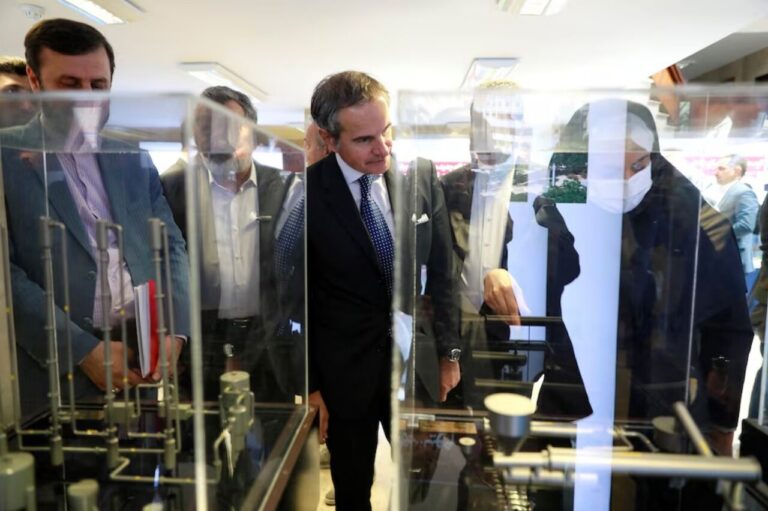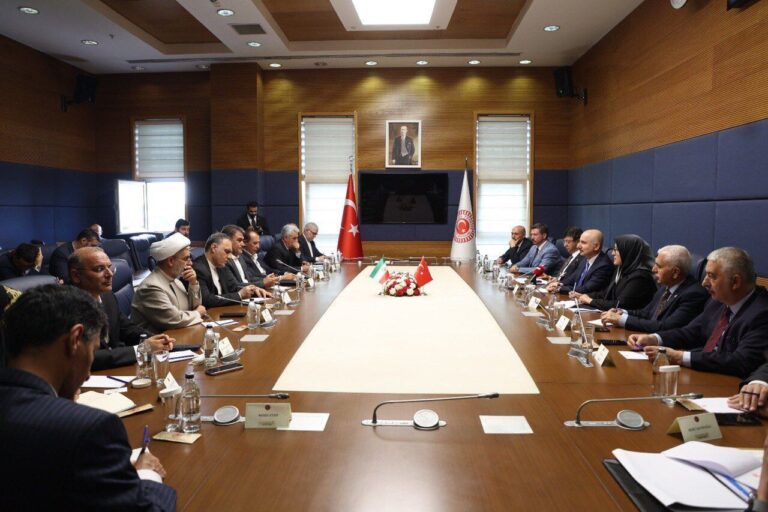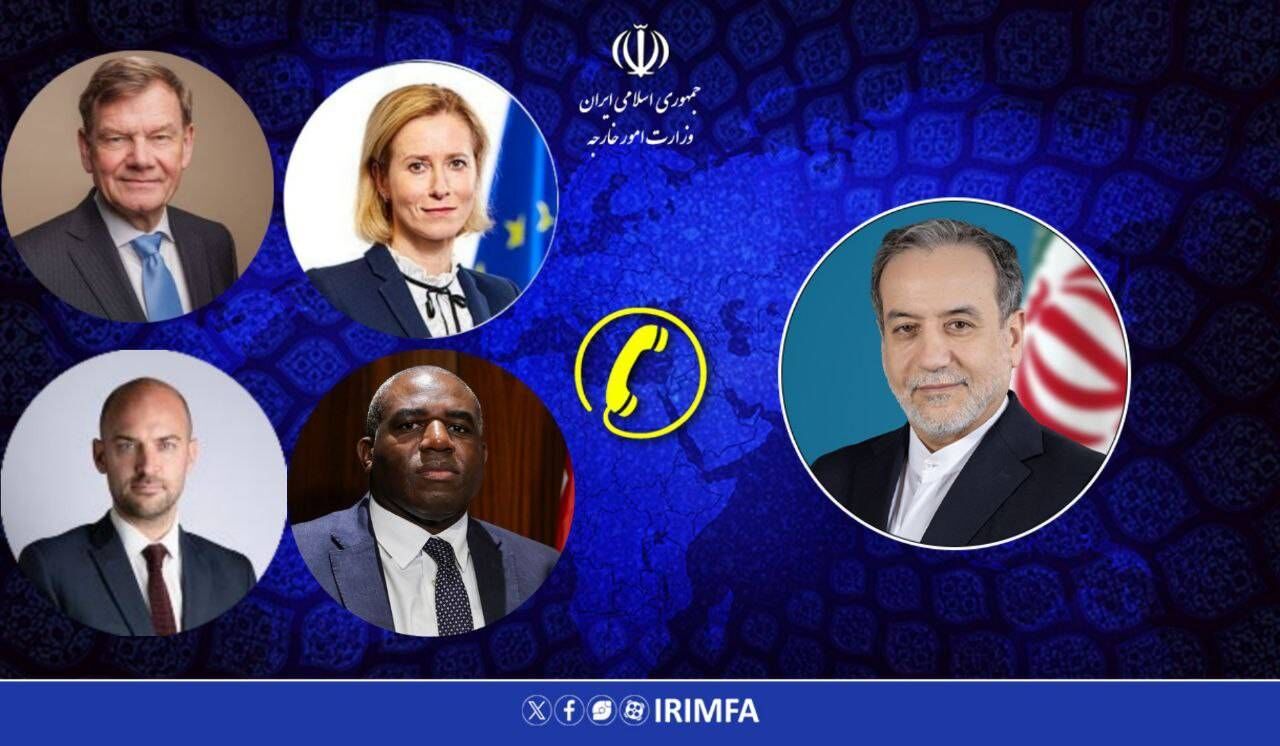
Similar Posts
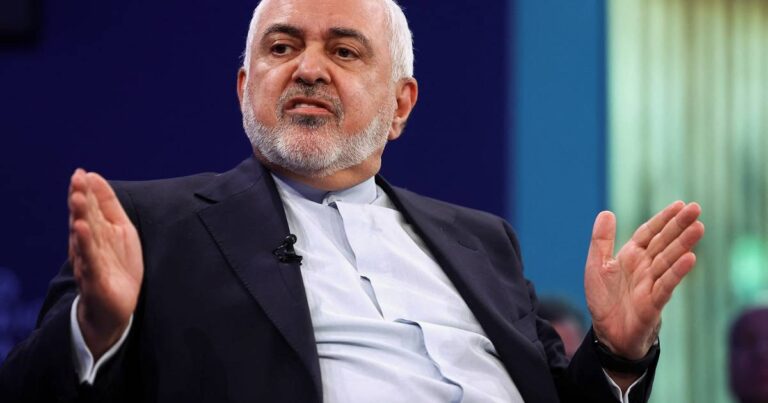
Iran’s Zarif Urges Trump to Prioritize Focus and Rationality in Diplomacy
Iran’s Vice-President for Strategic Affairs, Mohammad Javad Zarif, urged for a rational approach from Donald Trump if he secures a second presidential term. Speaking at the World Economic Forum, Zarif expressed hope that a “Trump 2” would prioritize constructive dialogue over conflict, emphasizing Iran’s increased nuclear capabilities since the U.S. exited the 2015 nuclear deal but asserting that Iran does not seek nuclear weapons. Zarif also addressed the controversial new hijab law, acknowledging public resistance and the government’s decision to ease enforcement. His remarks reflect Iran’s complex challenges regarding nuclear ambitions and women’s rights amidst ongoing international scrutiny.
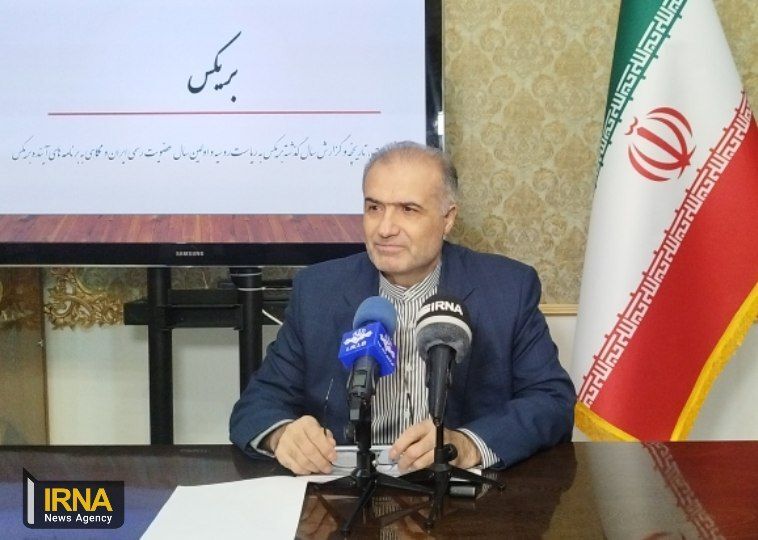
Iran’s Envoy to Russia Highlights BRICS’ Crucial Role in Shaping the Future of Global Politics
Iran’s Ambassador to Russia, Kazem Jalali, stated that the BRICS group is emerging as a significant force in global dynamics. He highlighted the inefficacy of the current international power structure and the bloc’s emphasis on de-dollarization, predicting that the US dollar’s share in central bank reserves will drop from 58% to 35-40% by 2030. BRICS countries are expected to account for 48% of global GDP and a quarter of global exports. Jalali noted the establishment of the New Development Bank as an alternative to Western frameworks and emphasized 2024 as a pivotal year for BRICS, with its membership expanding from five to ten.
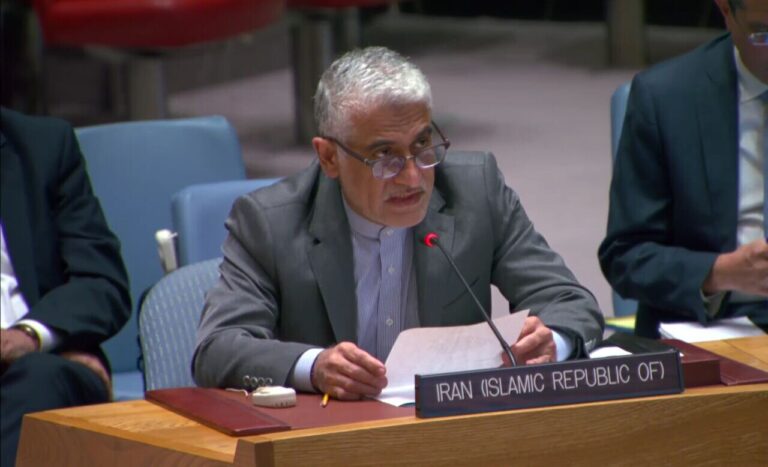
Legal Afghan Migrants in Iran Enjoy Unrestricted Freedom: A Closer Look
During a UN Security Council briefing, Iran’s Permanent Representative, Amir Saeed Iravani, highlighted Iran’s significant humanitarian commitment to sheltering millions of Afghans since the U.S. withdrawal in 2021. He emphasized the worsening humanitarian crisis in Afghanistan, with over 22.9 million people needing urgent assistance. Iravani called for increased donor support and the release of Afghanistan’s frozen assets to aid economic recovery. He also condemned restrictions on women’s rights and stressed the need for an inclusive Afghan government to ensure stability. Iran remains committed to peace and supports the UN Assistance Mission in Afghanistan (UNAMA) in addressing these challenges.
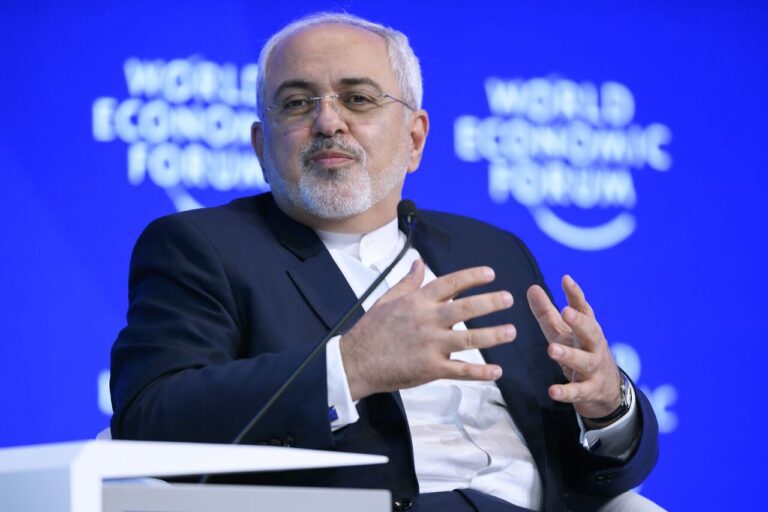
Zarif: Iran’s Path to Strategic Self-Reliance Does Not Depend on Nuclear Weapons
Iran’s Vice-President for Strategic Affairs, Mohammad Javad Zarif, has denied claims that Iran’s defense policy focuses on developing nuclear weapons. In an article, he argued that such narratives misrepresent Iran’s strategic goals, which prioritize sovereignty and regional stability. Zarif emphasized the principles of strategic self-reliance and long-term military innovation as central to Iran’s defense strategy. He attributed misconceptions about Iran’s intentions to global instability and violations of international norms, particularly by Israel. Zarif called for global accountability and urged analysts to concentrate on destabilizing actions by the Zionist regime, rather than mischaracterizing Iran’s defense posture.
